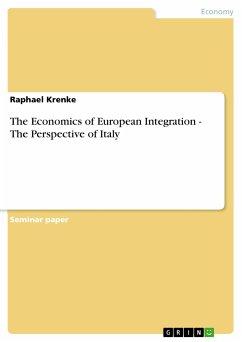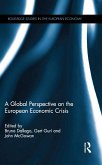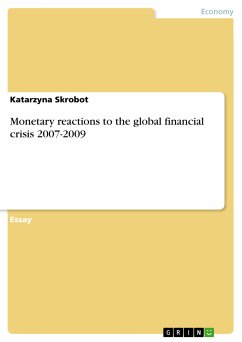Seminar paper from the year 2013 in the subject Business economics - Economic Policy, grade: 2.0, University of Applied Sciences Berlin, language: English, abstract: After a successful launch of the Euro and some beneficial years for the countries in the European Monetary Union enjoying low interest rates, the bankruptcy of Lehman Brothers in 2008 triggered a global financial and economic crisis which especially in the European Monetary Union turned into a sovereign debt crisis. Based on the ninth edition of Paul De Grauwe’s book “Economics of Monetary Union”, this paper analyzes Italy’s economic development in the last years and shows the benefits and costs for Italy of being in the European Monetary Union with special regard to Robert Mundell’s theory of optimum currency areas (OCA-theory) (1961), the occurrence of asymmetric tendencies/shocks, their relevance for the country, and the question of overcoming of those shocks. In the end a clear answer is given if it was a good or a bad decision for Italy and its economy to join the European Monetary Union.
Bitte wählen Sie Ihr Anliegen aus.
Rechnungen
Retourenschein anfordern
Bestellstatus
Storno









